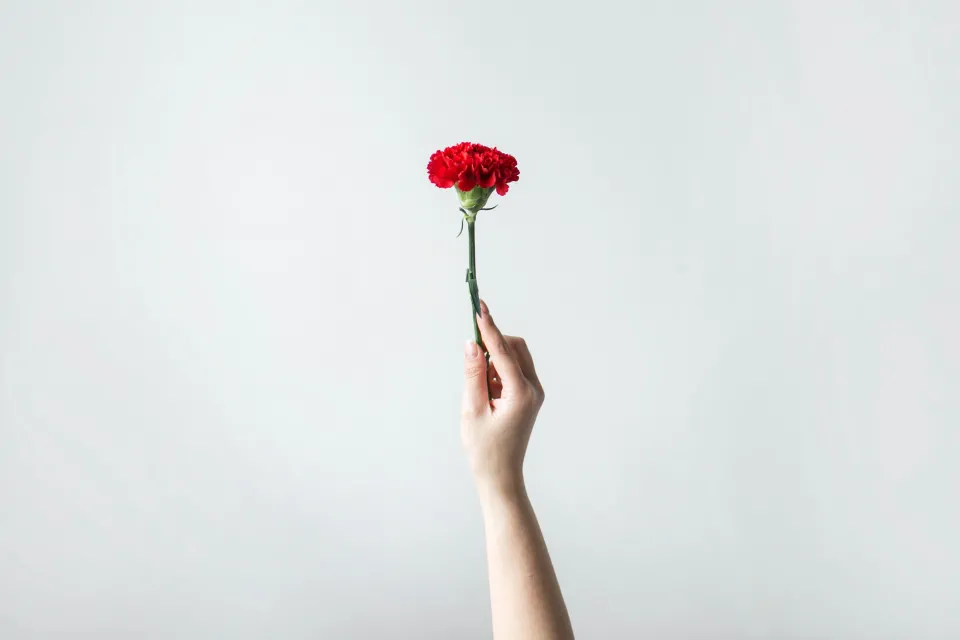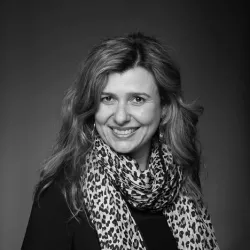
Margarida Garcia: The Carnation Revolution and COVID-19
I am writing this brief report from Portugal, on the 25th of April 2020, the day on which we celebrated the 46th anniversary of the Carnation Revolution. The thoughts I want to share with the Pierre Elliott Trudeau Foundation community, and with the wider community, intertwine two "revolutionary" moments in my life.
Lisbon, April 25, 1974: I was 12 months and a few days old when the great foundational event of Portugese democracy flowed into the streets and the public arena. I grew up in this revolutionary and postrevolutionary world. Hello Freedom, goodbye Fear, hello Democracy, goodbye Dictatorship. My family tells me that in the months that followed this historic date, I somehow found enough manual dexterity to make myself a little flag using a sugar cane stalk and a piece of fabric, and proudly walked with it in the street where I lived with my grandmother while singing a revolutionary song I had memorized. The song’s lyrics featured a poppy, a seagull and a child, and it was called "We Are Free": free to fly, free to blossom and free to live. The revolution resulted from an alliance between the state’s armed forces and the Portugese people, and drew its name from the fact that rebel soldiers occupied the streets of Lisbon with red carnations sticking out of the barrels of their guns. It was the armed forces that proposed a program to reinvent the country, centered around the three Ds: democracy, decolonisation and development. My personality was in part shaped by this period during which my country was reborn: if a gun can be used as a holder for a carnation, and if the armed wing of the nation can ally itself with the people to fight injustice, then the world can also be reinvented, the credo being "anything is possible".
Lisbon, April 25, 2020: Once again we are deprived of our freedom, this time battling not a local dictatorship but rather a global pandemic that has put our accelerated modernity on "pause". COVID-19 has brought to light injustices and inequalities that are costing lives, as well as the resilience and the solidarity that emerge in times of crisis. So how are we dealing with this worldwide exercise in managing an unprecedented crisis? I am truly astonished by the amazing social intelligence that we are seeing on a wide scale, and by the leadership shown by so many citizens. The crisis has also shown us that political power is still real power, that scientific power is more important than ever and that each of us has a personal power of life and death, th at each one of us can take responsibility for the fate of others and make a difference. I also see us putting too much effort into dealing with what is visible and what can be counted (numbers of deaths, infected, and recovered). The public arena is not dealing with the big questions that this historic moment has put before us, and we risk missing the transformational opportunity that is being presented to us. The rush to "do" and the urge to "resolve" are, in some cases, taking precedence over the ethical and reflective processes that should, more than ever, be integrated into decision making. Could we perhaps slow down a bit in order to feel our feelings, think our thoughts and find a passion for the knowledge we do not yet have, the public policy that has yet to be formulated, and the phenomena we have not yet been able to decipher. What kind of future might be possible if we reimagine our way of living together and if we built the present not around the global threats we face, but rather on the basis of our common aspirations for a world that values life, happiness and inclusion?



